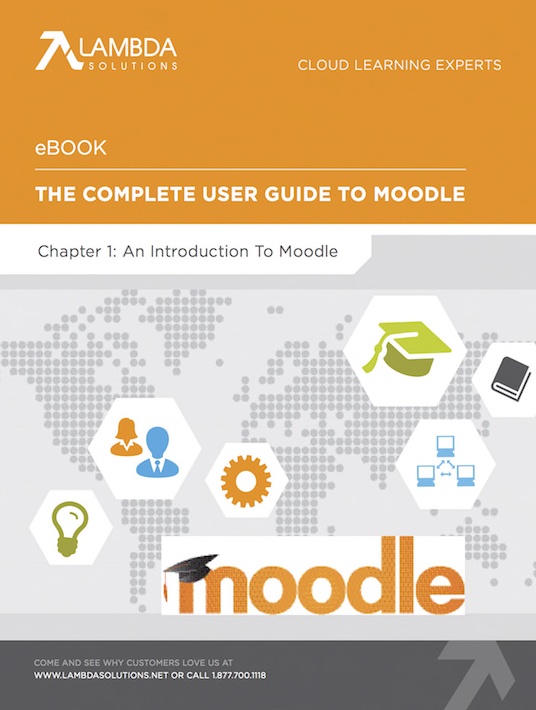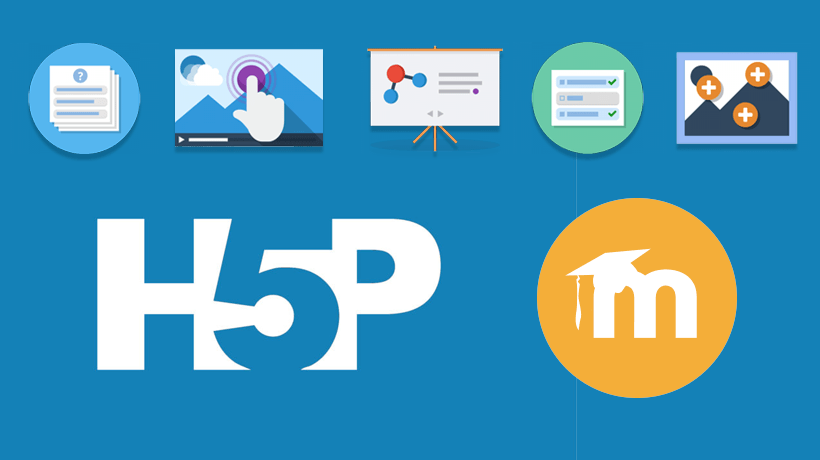How To Use Moodle In Business
Since conception, Moodle has been used in organizations to achieve impressive business outcomes. There are countless examples, but buckle up as we explain the 10 most common ways to use Moodle in business!

1. Onboarding In Moodle
Moodle is used by many organizations to onboard new-hires. If you’ve worked for a medium to large organization, your onboarding process likely consisted of a fat stack of papers crammed into a 5 ½ binder. What a great way to be welcomed to a company! With Moodle, the onboarding process can be streamlined for administrators and engaging for new hires. HR managers particularly love the ability to provide onboarding via course modules in Moodle as quiz results can be tabulated and analyzed automatically. Additionally, varying courses can be cloned so that modifications can be made for different departments.
2. Compliance Training In Moodle
Similar to why HR managers love onboarding in Moodle, compliance trainers appreciate Moodle’s online training capabilities because they can easily prove who has successfully completed compliance training, and who has not. Better yet, the Moodle Badges plugin allows you to award your people upon successful completion of compliance training.
3. Competency-Based Training In Moodle
With the Moodle Outcomes Module, training managers are equipped with a process for defining competencies that are linked to a series of numbers or letters to determine the learner’s level of understanding of said competency. This way, when a learner has completed competency-based training in Moodle, both the learner and the training manager can see the competencies gained when training is complete.
4. Workplace Safety Training In Moodle
Similar to compliance training, workplace safety training in Moodle allows you to know who has completed mandatory training and who has not. With the capability to add video, discussion questions, quizzes, and external resources to your online Moodle courses, safety and hazard training can be completed at a time and location convenient to the learner.
5. Online Course Development In Moodle
Moodle has many tools for creating dynamic, interactive, and engaging online courses. With multiple modules for both synchronous and asynchronous learning activities, learners have a plethora of tools for learning in real-time and on their own time. With Moodle course builder tools you can easily create eLearning programs for self-paced strategies, non-self-paced strategies, and blended learning strategies.
6. The Hiring and Interview Process In Moodle
Moodle is not designed to be an HR management system but we know of a few organizations who have been crafty enough to utilize Moodle for their hiring and interview process. Without getting into the nitty-gritty technical details, a law firm used Moodle so that candidates could self-create Moodle accounts to upload their resumes and complete competency assessments. Hiring decision-makers could then easily access candidate profiles to review applications.
7. Product And Service Launches In Moodle
In today’s business world, products and services are being updated, modified, or changed at an ever increasing rate so it is important to understand that product knowledge training is not a one-time event. Rather, product knowledge is an ongoing education initiative that changes as new clients emerge, new features develop or new knowledge emerges. Moodle makes it easy to train your people across all departments, and even provide access to only the product knowledge necessary for their functional teams!
8. Communities Of Expertise (COE) And Communities Of Practice In Moodle (COP)
COEs and COPs are informal groups of people within the business community that have common goals and interests, and who work together to teach and learn from one another. Moodle is commonly used in organizations to help employees connect with experts on certain subject matter. In these COEs and COPs, users can ask questions or search discussion forums to seek the knowledge they are looking for.
9. Continued Education In Moodle
Given that Moodle is designed for Higher Education, many organizations use Moodle to provide their people with continued education opportunities to help them further their careers. We have seen many of our clients provide leadership training, management training, and even high school courses to tradesmen looking to upgrade courses.
10. Client, Channel, And Partner Training In Moodle
One of the great things about Moodle is that it is easy for users to create their own accounts to access the course(s) you want to make available to them. This makes it easy to train clients, channel partners, and business partners at a low cost.
If you want to learn more about how to use Moodle in organizations, download the eBook The Complete User Guide To Moodle Chapter 1.









